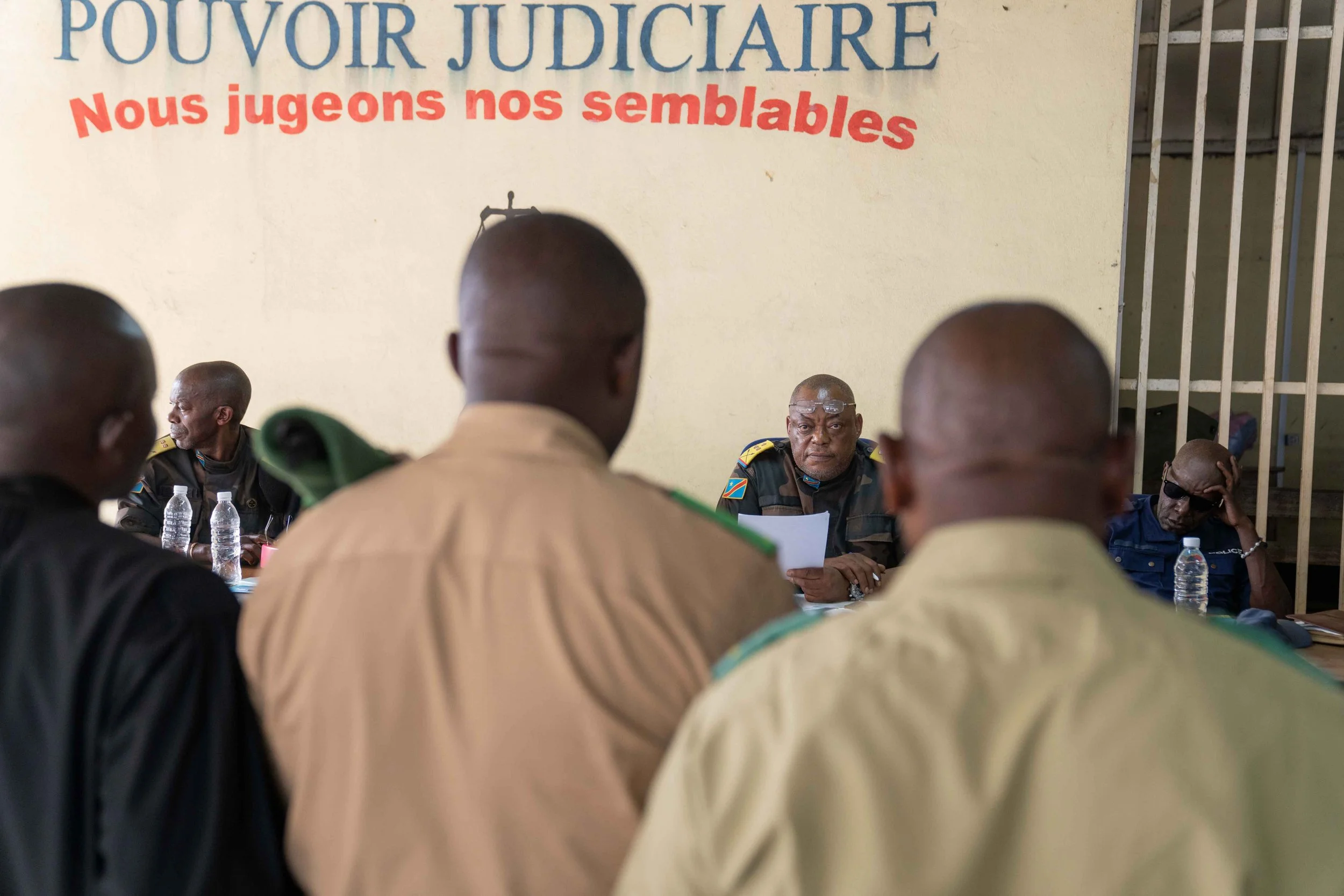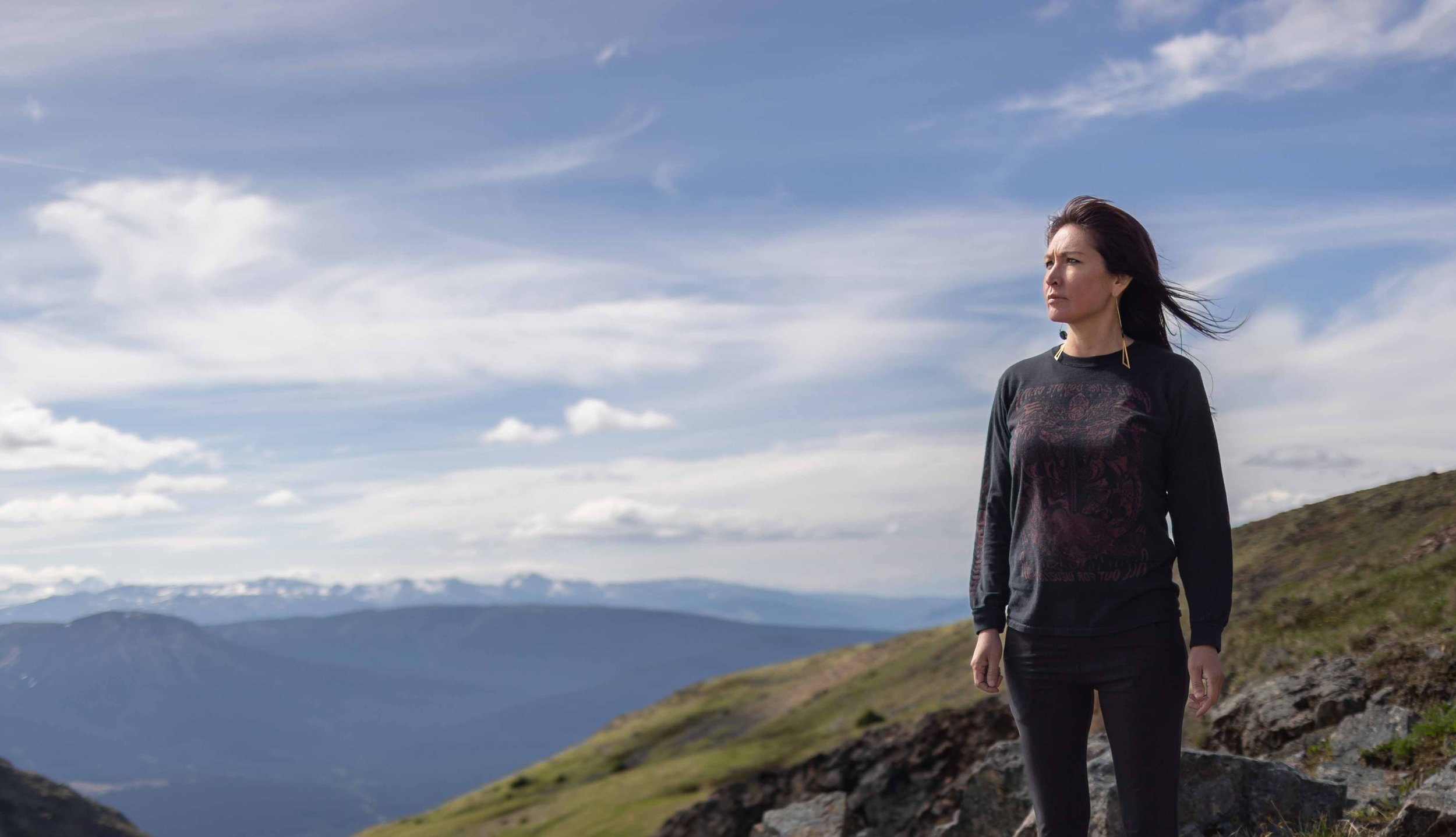
The Dangerous Lives of Climate Defenders
“The only legitimate response to peaceful environmental activism and civil disobedience at this point is that the authorities, the media, and the public realize how essential it is for us all to listen to what environmental defenders have to say.”
– Michel Forst, UN Special Rapporteur on Environmental Defenders under the Aarhus Convention
As the world’s temperature rises, climate defenders are feeling even greater heat.
Climate advocacy is a dangerous business. Fossil fuel companies and their government partners are desperately trying to protect and even expand their investments using every powerful tool at their disposal, including the law. This report shows just a few of the extraordinary climate defenders facing grave legal risks in every region in the world.
Advocates supporting renewable energy have been audited and jailed for tax fraud; people protecting land have been prosecuted for criminal trespass and domestic terrorism; and activists are being surveilled, doxxed, and digitally harassed.
Activists are not only arrested and jailed. They are also sued civilly, tying them up for years in financially and emotionally crippling litigation. Retaliatory cases, known as strategic litigation against public participation, or SLAPPs, are a global phenomenon, with the highest number of documented cases in Latin America, Asia, and Europe.
Climate defenders – students and parents, those who live close to the land and city dwellers, journalists, philanthropists, scientists, lawyers – aren’t just trying to save our planet. They are also the backbone of democracy across the world. They are risking it all for us, and we need to fight back, for them, because the future of our planet depends on climate defenders having a fighting chance.

Photographer: Pau Villaneuva
BRAZIL
Nicole Figueiredo de Oliveira
Nicole Figueiredo de Oliveira doesn’t shy away from confrontation. She and her team in Brazil sue government agencies and companies to stop their climate-destroying activities. After responding to local concerns about a new offshore gas power plant, Nicole is now being intimidated and sued, with a jail sentence possible. But she won’t stop fighting.

Photographer: Fernanda Frazão
WET’SUWET’EN NATION (CANADA)
Sleydo’ (Molly Wickham)
In 2018, Canadian police violently invaded unceded Wet’suwet’en territory to enforce a court ruling that allowed a new gas pipeline to move forward. When Sleydo’ learned of the company’s plan to drill under sacred headwaters, she and her fellow Gidimt’en clan members set up camp on sacred land for 56 days until the police violently arrested them. This is not just a battle for land; it is a fight for the future of their community and the generations to come.
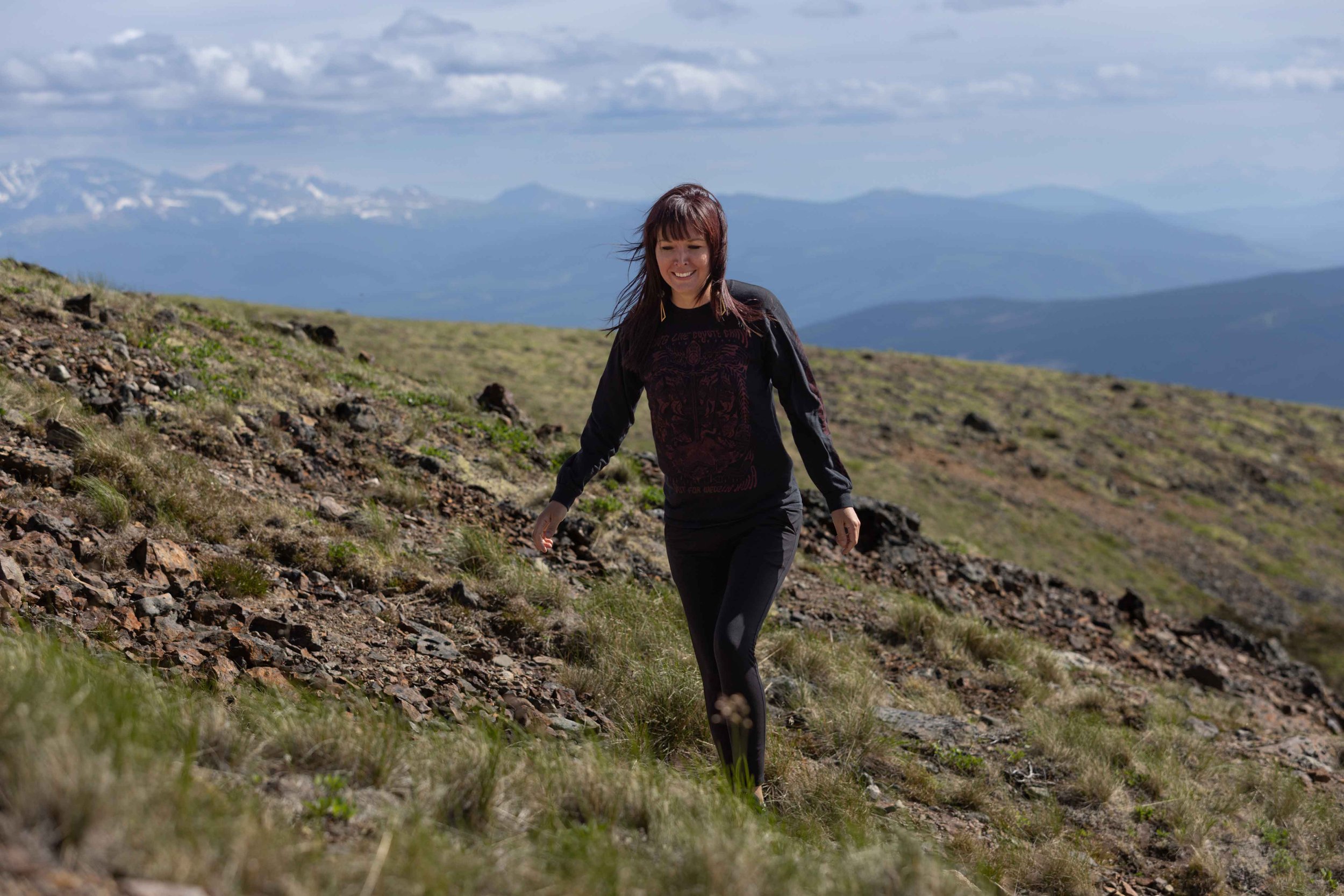
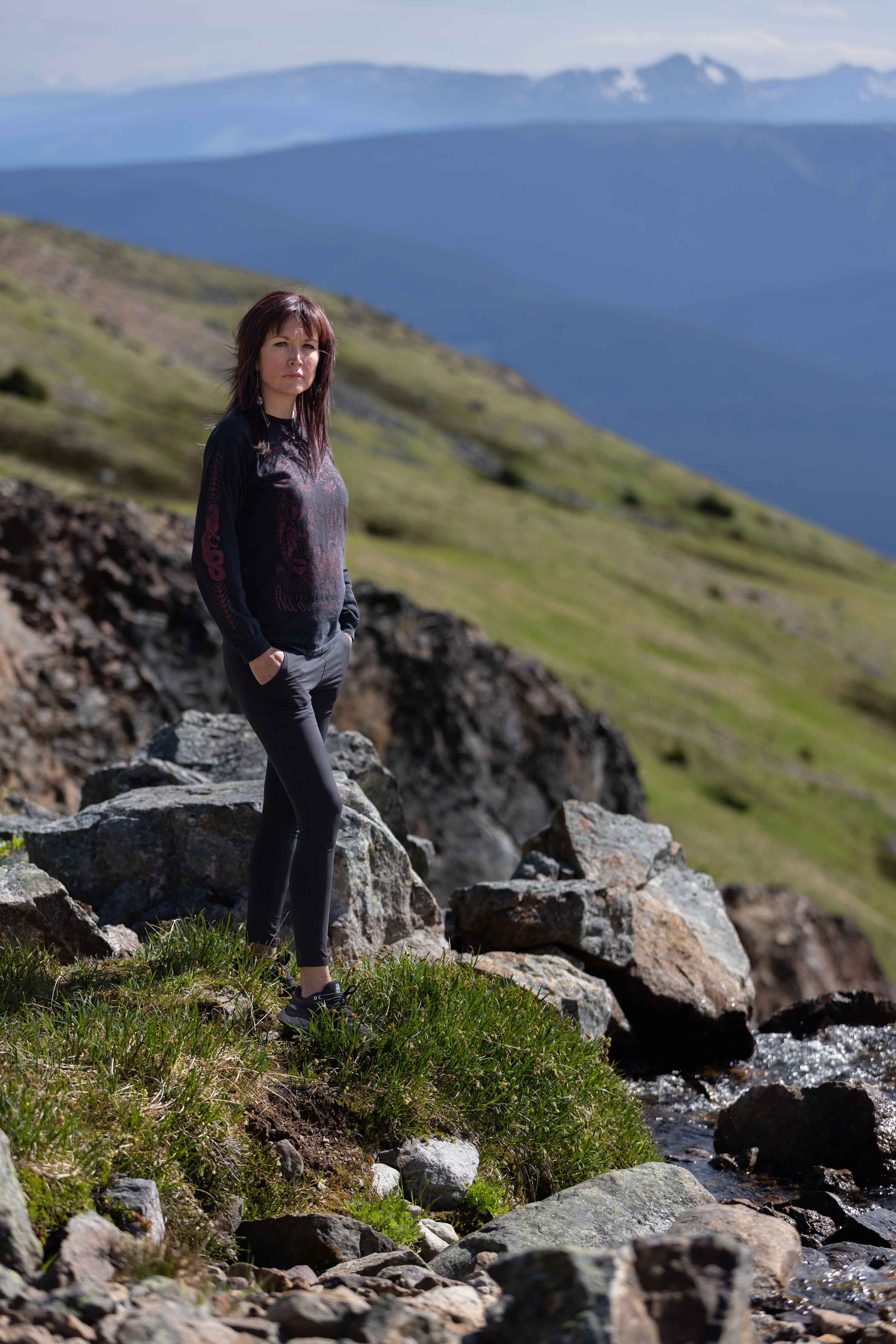
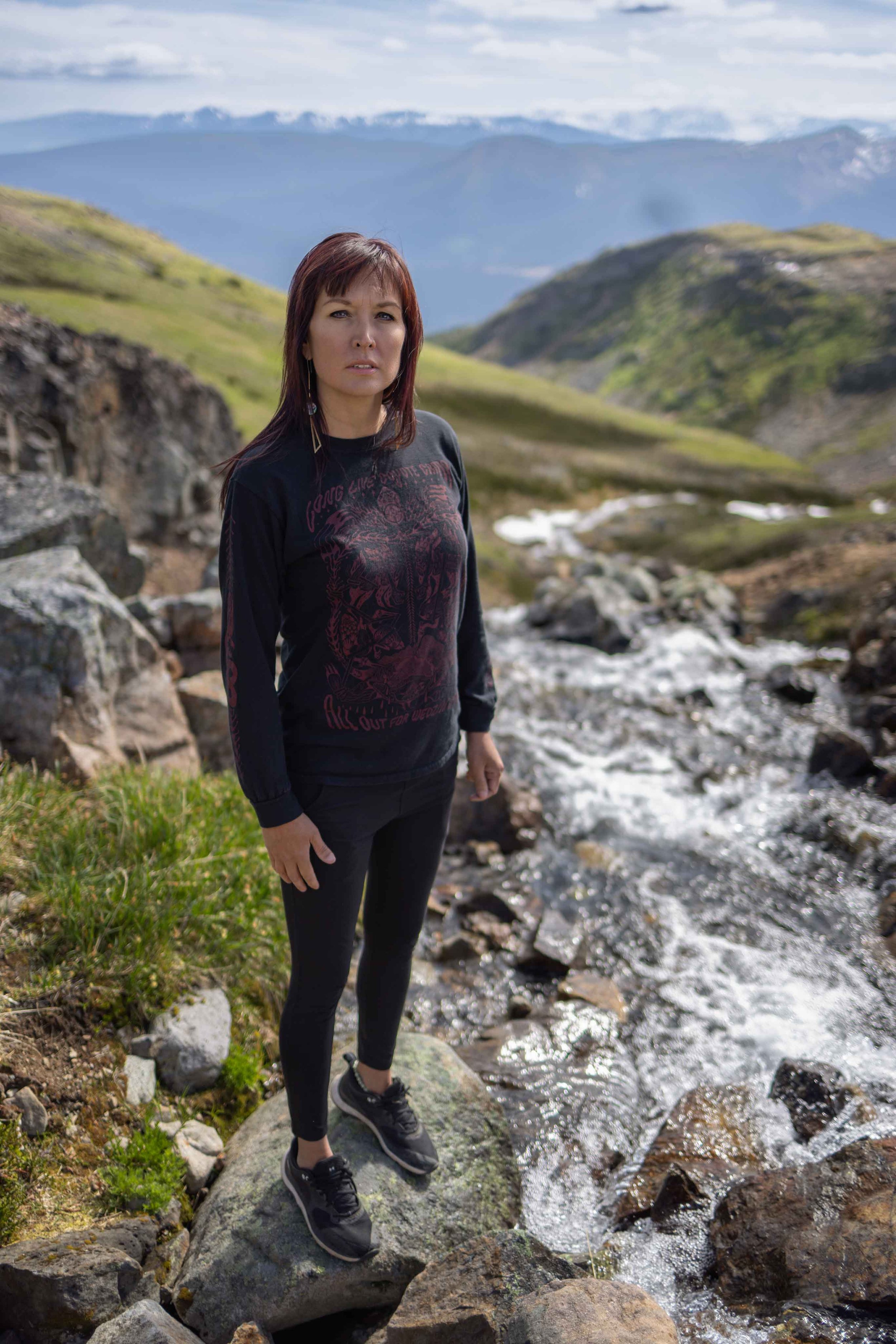
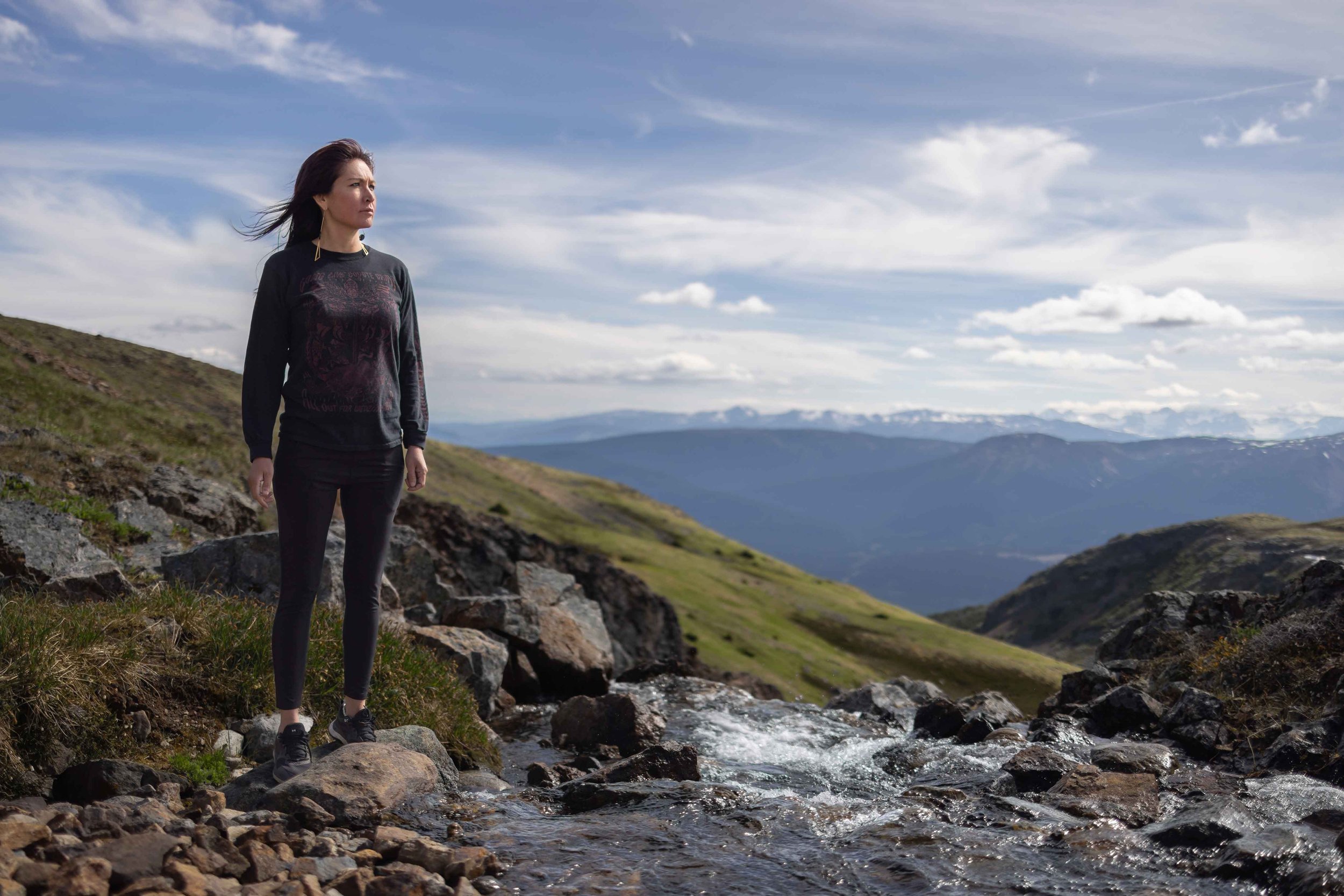
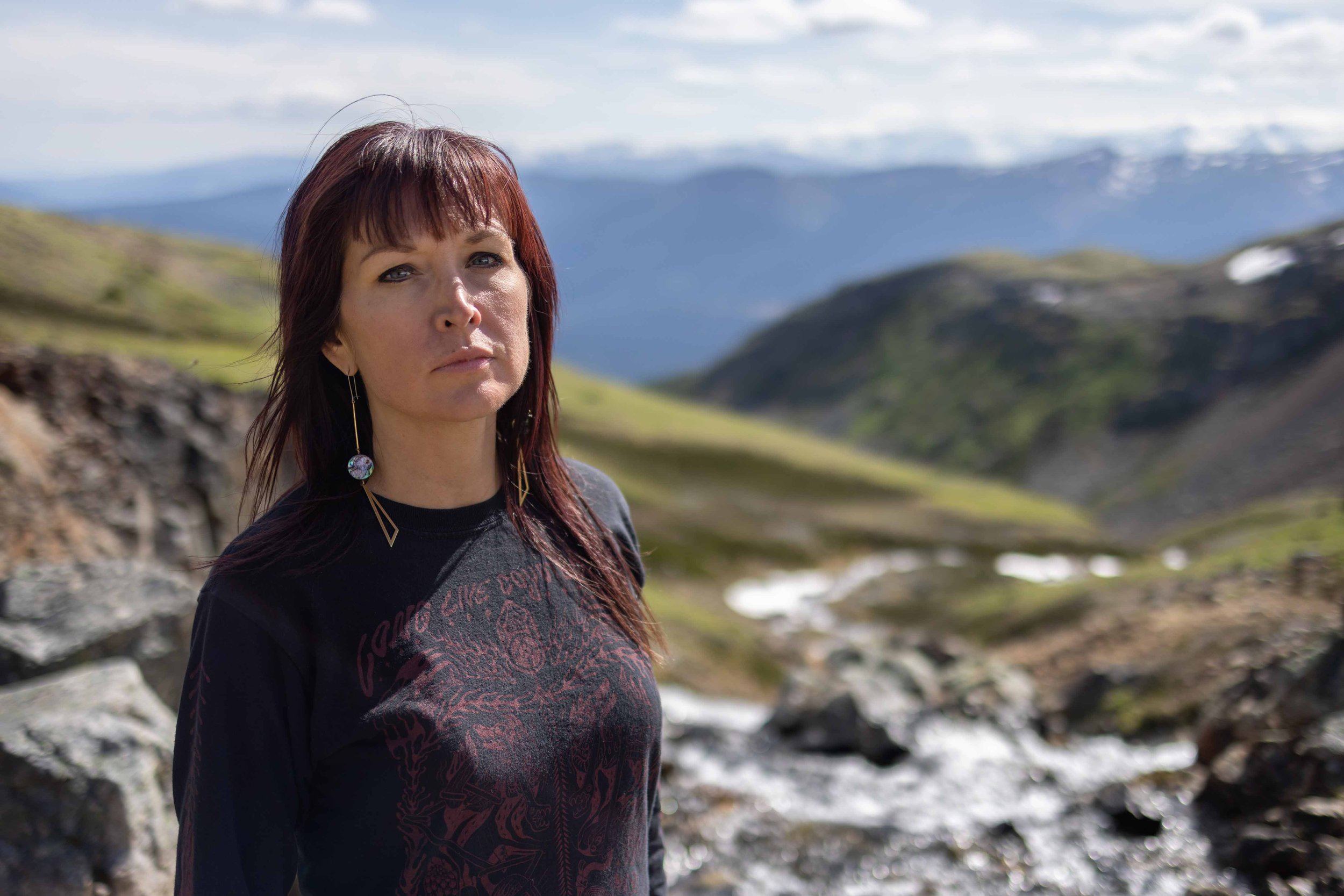
Photographer: Carla Lewis
While some say Sleydo’ and her clan’s battle is about stopping the pipeline, she sees it as a fight for the future of their community and generations to come.
For Sleydo’, the key to solving the climate crisis is empowering her people to uphold their laws, which come directly from the land. While the police may threaten Sleydo’ and her people with never seeing their land again, Sleydo’ is still there.
DEMOCRATIC REPUBLIC OF THE CONGO
Bahati Lukoo Emmanuel and Mugaruka Katembo Rodrigue
When multinational companies sought to exploit oil, gas, and minerals in the DRC’s national parks, two park rangers attempted to stop the devastating impact these industries would have on the environment and local communities. Now, the rangers face unprecedented threats and a trial, which is more about the willingness of corrupt officials to silence them than it is a test of the rangers’ innocence.


After all they’ve survived, what keeps these men going is a sense of unwavering duty to land and community.
Their struggle can feel invisible to the outside world, but when they receive international attention, they are all the more motivated. They understand that conservation and land protection is a group effort, and one worth sacrificing for.
Photographer: Moses Sawasawa
EGYPT
Maha Ahmed
Maha Ahmed took an unconventional path for a young woman in Egypt, becoming a lawyer and then supporting human rights and climate defenders. After years of threats, surveillance, and harassment, she was pushed to flee her own country. For Maha, it’s not just about fighting legal battles; it’s about standing with people every step of the way until everyone gains their freedom.

Photographer: Claudia Leisinger
INDIA
Ritwick Dutta
Ritwick Dutta is one of the most celebrated environmental lawyers in the world for his work in India. Despite the accolades, the government levied baseless charges against him to silence his work. Like so many climate defender lawyers, the more his detractors try to stop him, the more he doubles down on his commitment to protect nature and everyone who lives in it.
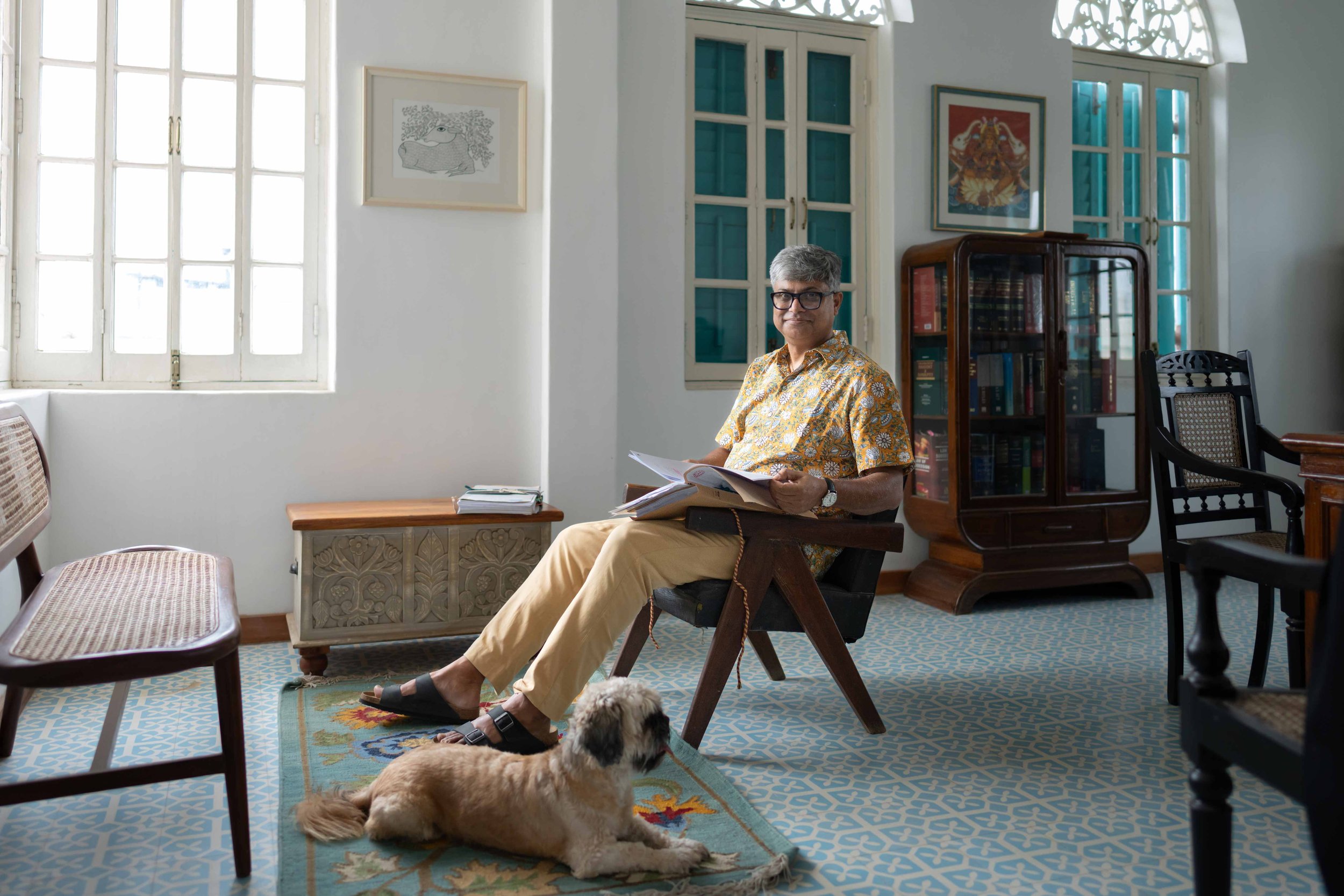
Photographer: Anindito Mukherjee
LIBERIA
Alfred Brownell
Alfred Brownell worked in his home country of Liberia to stop the clearcutting of tropical forests for palm oil. Under the threat of violence, he was forced to flee to Boston with his family. Once he had some distance, he saw the total picture: An epidemic of attacks on climate defenders in Africa with little protection or recourse. In response, Alfred did what he does best: organize. Global Climate Legal Defense (CliDef) was born from his experiences and helps legally protect others going through similar threats.
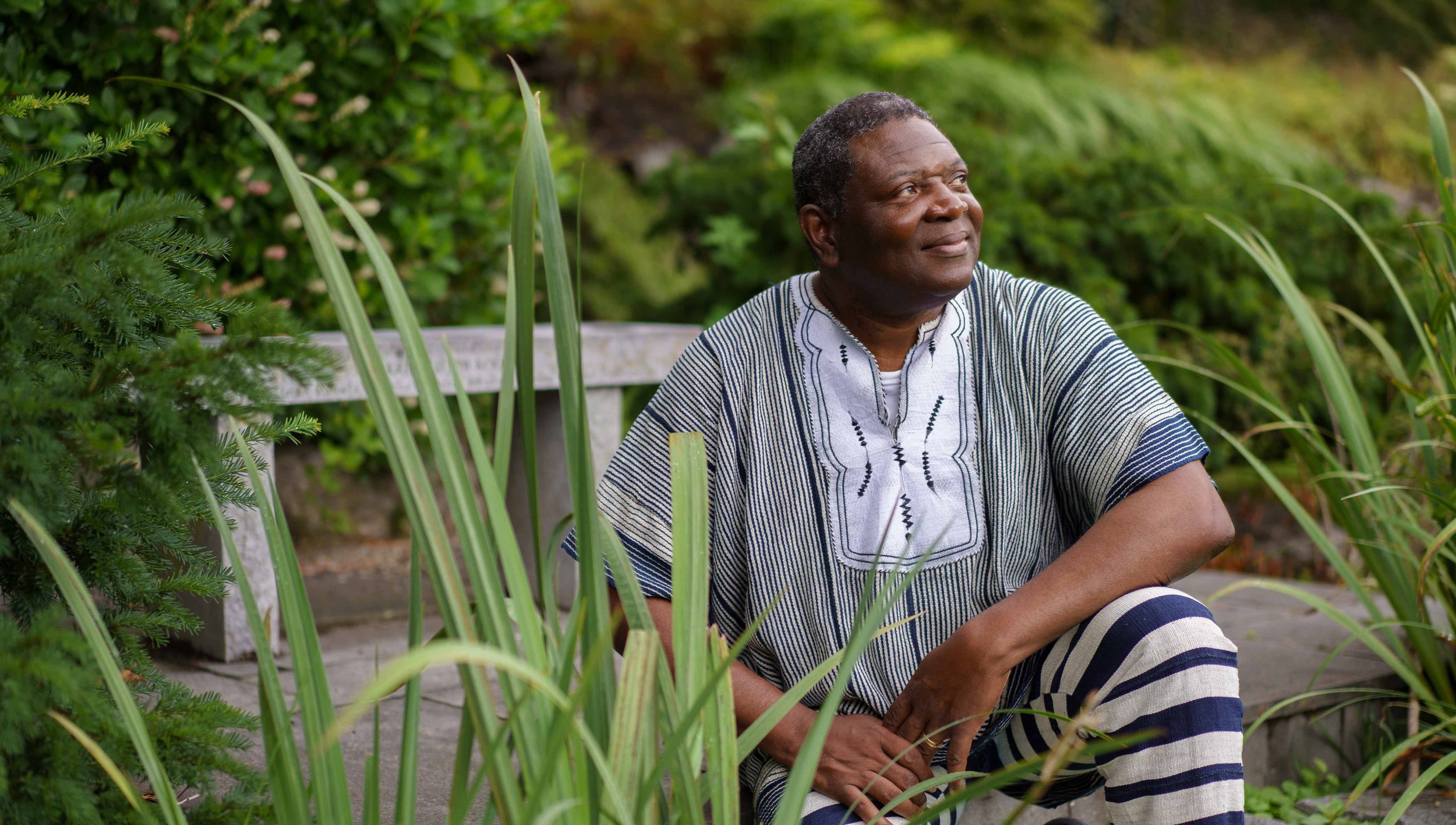

Photographer: Jodi Hilton
MEXICO
Alejandra Ancheita
As one of Mexico’s most prominent human rights defenders, Alejandra Ancheita is an expert at using the law creatively to achieve justice. When Alejandra and her team went head-to-head with a powerful transnational company, a smear campaign threatened to silence them. Despite the threats, Alejandra remains hopeful for a better future for all human rights and climate defenders.

In spite of the risks, she is hopeful, and sees that hope as a continuation of her parents' legacy, despite the dangers and regrets.
She has witnessed true, lasting change — seeing Indigenous children fishing in protected lagoons, preserving their land instead of succumbing to corporate greed, reassures her that her work matters. She dreams of a future where being a climate defender is not synonymous with sacrifice, but instead a source of joy and collective hope.

Photographer: Janet Jarman
MOZAMBIQUE
Anabela Lemos, Dipti Bhatnagar, and Erika Mendes
For Anabela Lemos, Dipti Bhatnagar, and Erika Mendes, activism isn’t just a calling; it’s a family tradition. The challenges their country faces are immense, particularly as they go up against massive energy development projects in Mozambique. But the family is united by a shared belief: The worst risks are borne by the communities on the frontlines, so they use their privilege, visibility, and labor to support those struggles.
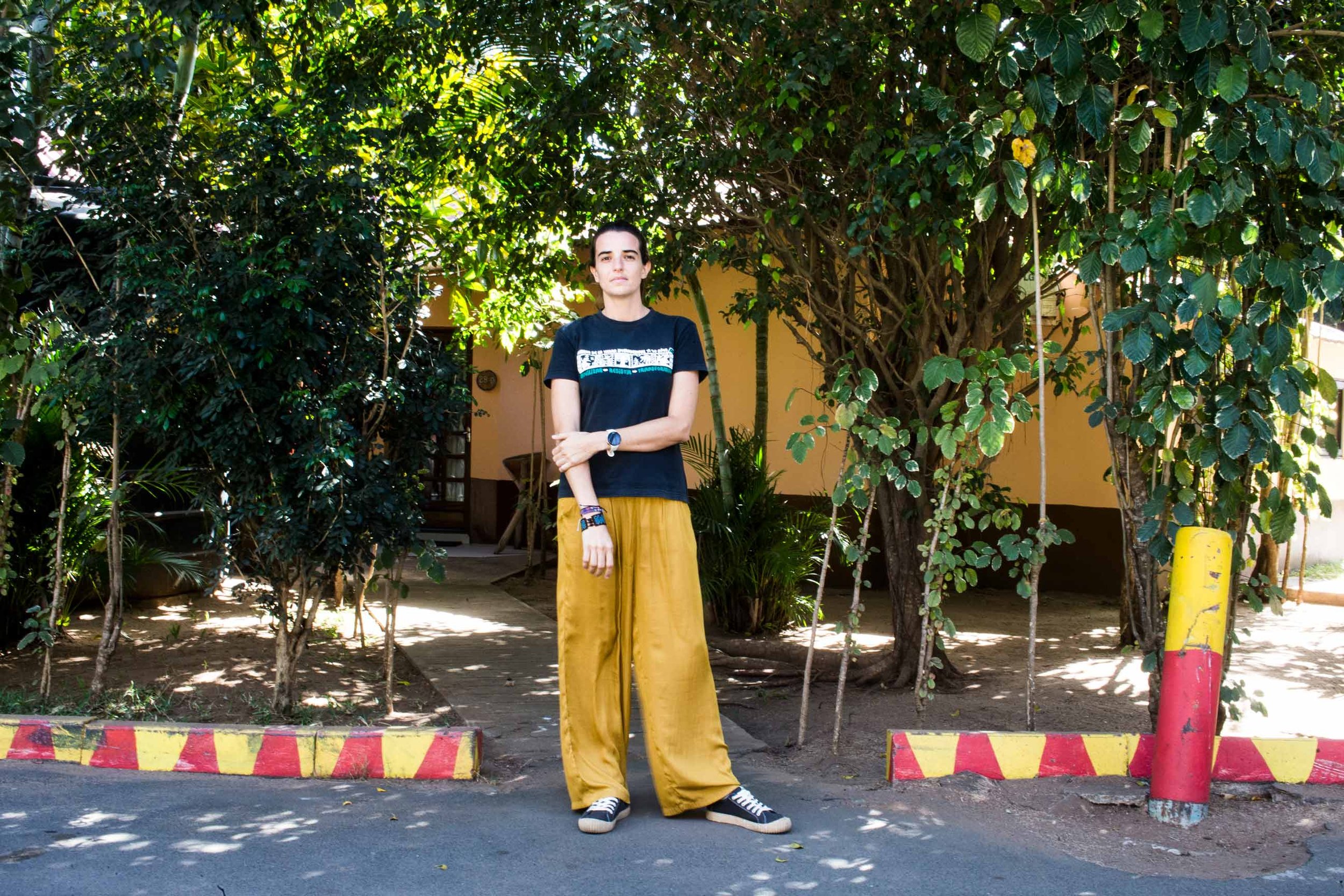
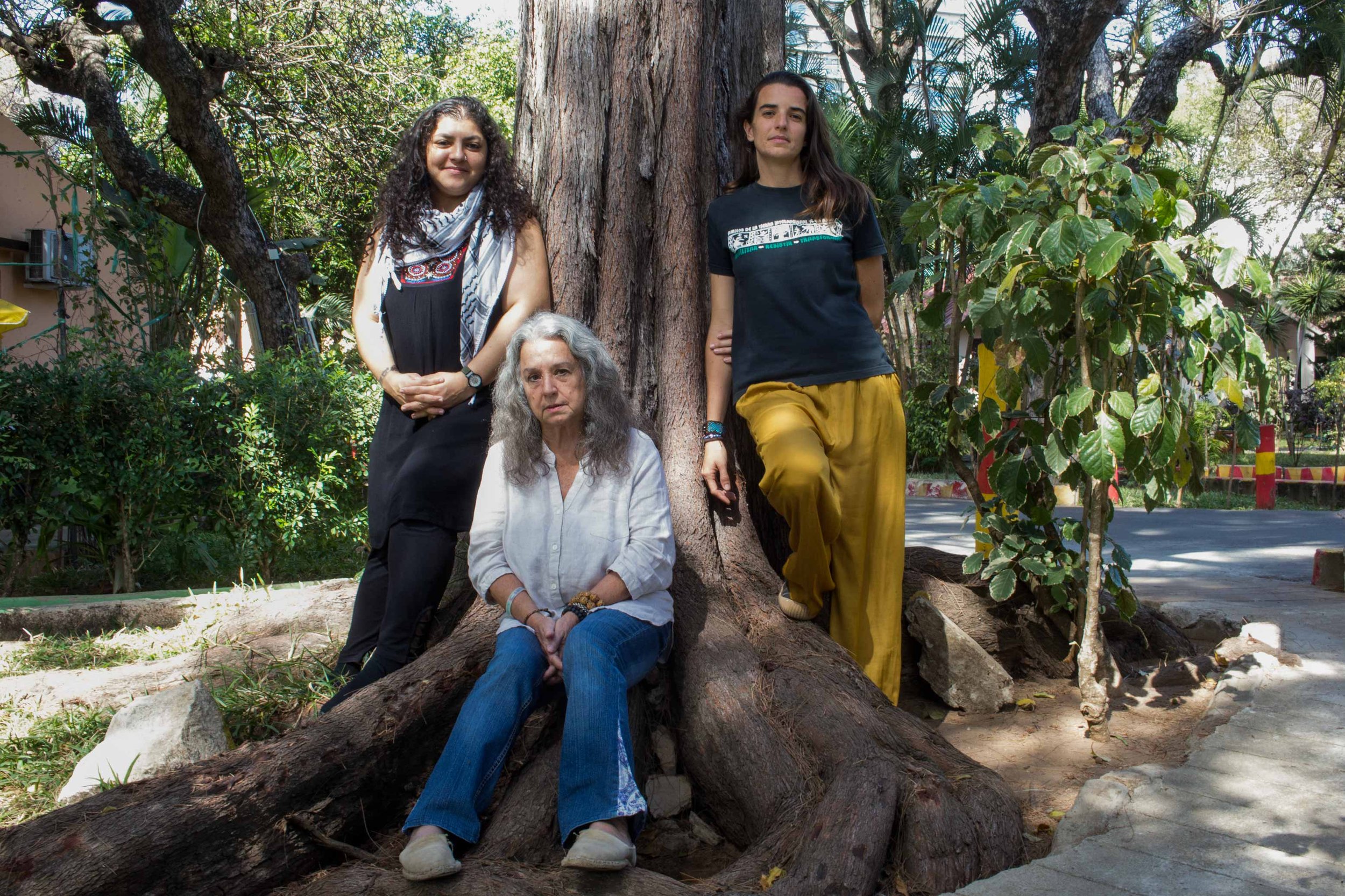


Photographer: Amilton Neves
PHILIPPINES
Jerielyn Navarro and Derek Cabe
Wealthy, state-backed coal and nuclear companies have recently made one fishing community ground zero for energy development in the Philippines. Despite being inundated with legal and physical threats, the brave women fighting on behalf of Bataan feel they have no choice. Their community, culture, and livelihood are at stake.


The women fighting on behalf of Bataan feel they have no choice. Their community is at stake. This is where they live, where their cultural identity is rooted, where they earn their livelihoods, and where their children are growing up. Now, with legal support through the help of CliDef, Derek and others can see the path ahead. “I can finally sleep knowing there are lawyers dedicated to helping our community defenders.”
Photographer: Pau Villaneuva
UGANDA
Anthony Odur and Peter Aranaintwe
For human rights lawyers Anthony Odur and Peter Aranaintwe, run-ins with physical danger and threats against their profession are common in Uganda, especially as they work to fight a crude oil pipeline that has damaged communities. Why keep going in the face of all these threats? Each of the men face this question often, but there is a simple answer: They made a commitment to protect others.





Photographer: Kibuuka Mukisa
UNITED KINGDOM
Sarah Benn
In 2022, Sarah Benn, a registered medical doctor, participated in a sit-in in front of the Kingsbury oil terminal where she was arrested alongside fellow activists. Two years later, she had her license suspended. But for Sarah, she doesn’t feel she has done anything extraordinary. The climate crisis is a public health emergency, and as a doctor, she feels morally compelled to act.
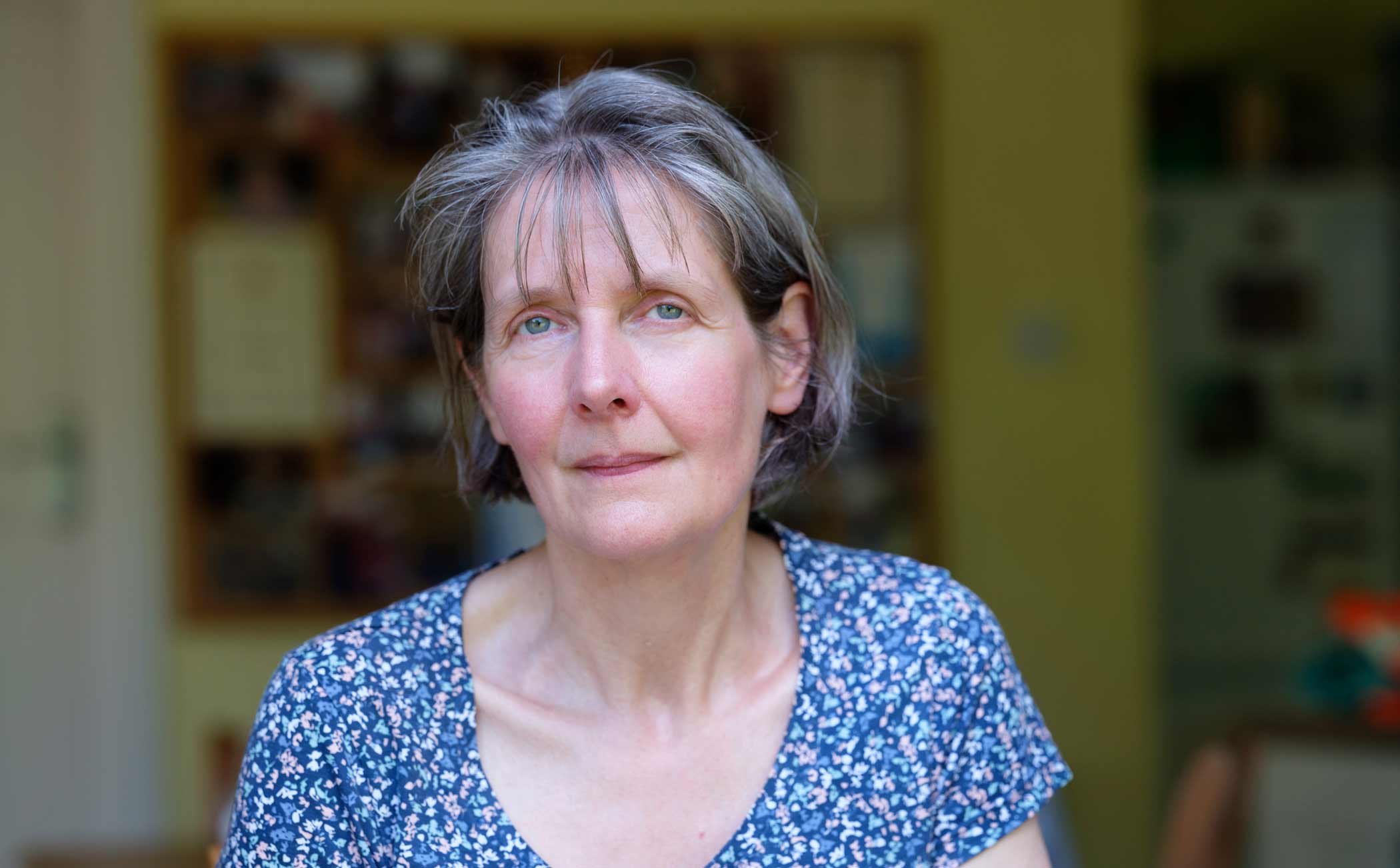
Photographer: Claudia Leisinger

Key Takeaways
In order to address climate change and climate injustice, we need to defend climate defenders.
Defenders need comprehensive, holistic support.
Governments must acknowledge their role in protecting (or failing to protect) climate defenders, and should implement all appropriate measures to prevent as well as address reprisals.
Governments and funders alike should understand that private actors, including local and transnational corporations, are often directly involved in targeting and weaponizing the law against climate defenders.
Climate defense is inherently risky work and funders, therefore, should make dedicated support available to defenders and their organizations for legal defense, safety, and security measures.
Photographer: Kibuuka Mukisa

